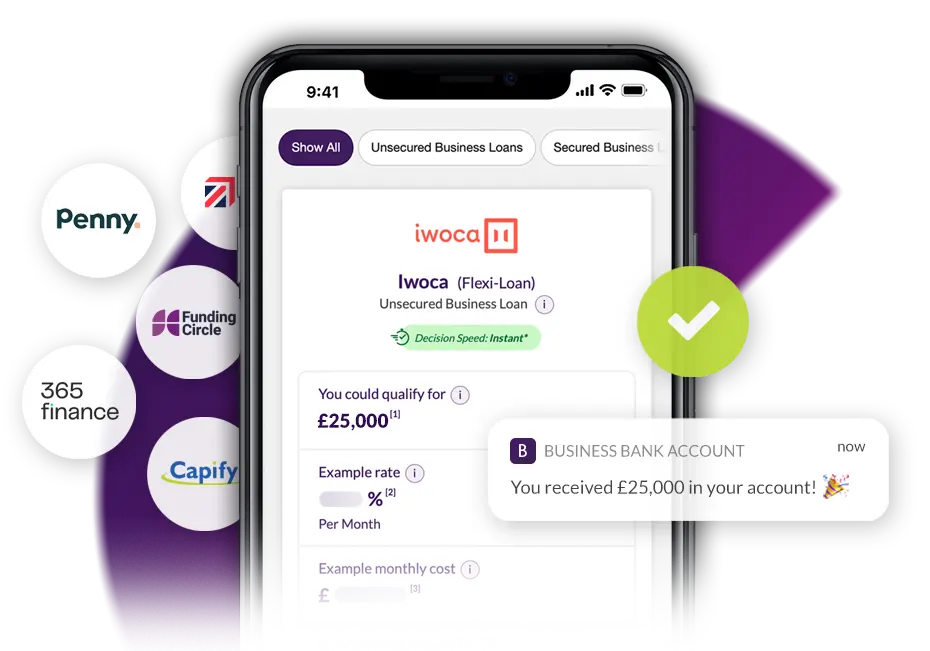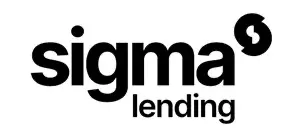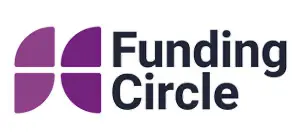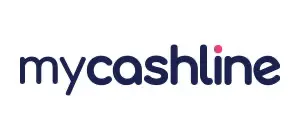Revenue Based Financing
Revenue based financing gives businesses a sum of money in exchange for a percentage of their revenue.
- Compare a wide range of lenders and rates
- Check your eligibility in minutes
- Find out how much you could borrow
It's fast, free and won't affect your credit score
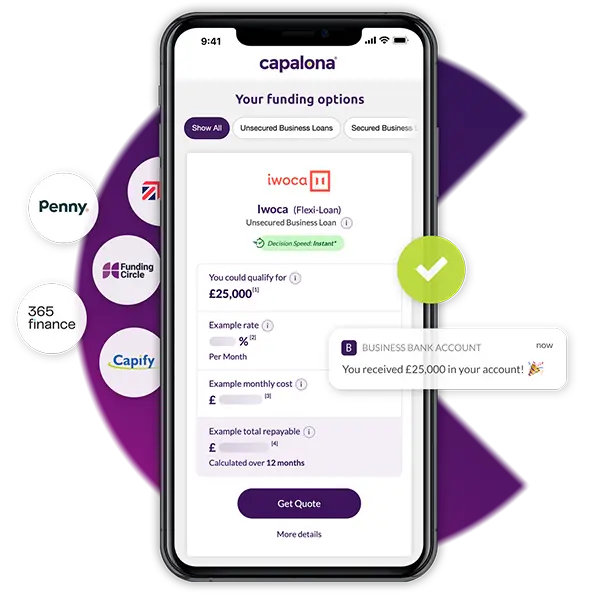

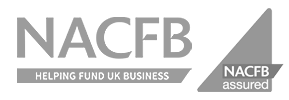




What is revenue-based financing?
Revenue-based finance is where a business receives capital in exchange for a percentage of its revenue. This type of financing is perfect for businesses that don’t want to part with equity but instead want fast and flexible financing to grow their business.
How does revenue-based financing work
With revenue-based financing, lenders will look at the merchant’s sales history to determine how much they’re willing to lend. So you’ll need to demonstrate consistent revenue to secure this type of financing.
After the lender decides to lend to you, you’ll agree on a percentage to repay each period — daily or weekly if it’s a merchant cash advance or monthly if it’s a revenue advance. This flexible repayment model allows high-growth businesses to get their hands on cash quickly.
What are the types of revenue-based financing?
There are two types of revenue-based financing, merchant cash advances and revenue advances.
Merchant cash advance
A merchant cash advance is given to the merchant in a lump sum but is repaid based on future card and debit sales. This means the merchant doesn’t have to repay the loan in fixed monthly instalments. Instead, the cash is repaid in line with the credit and debit card payments taken through your merchant bank account.
A percentage of the sales is sent to the lender to repay the debt — this percentage is pre-agreed with the lender, with repayments occurring on a daily or weekly basis.
Revenue advance
A revenue advance is given as a lump sum but repaid based on the merchant’s monthly revenue. Unlike a merchant cash advance, which is repaid based on credit or debit card sales, the lender will take a percentage of the merchant’s monthly revenue.
This type of financing offers businesses a flexible and affordable way to access much-needed cash to grow.
Advantages of revenue-based financing
- You don’t have to part with equity. Unlike other forms of financing, revenue-based financing doesn’t require you to give equity away. This means you can access the working capital you need to invest in new markets or purchase bulk inventory without losing control of your business.
- No fixed monthly repayments. Without fixed monthly repayments, businesses can relax knowing they’ll never be out of pocket due to loan repayments. This flexible repayment schedule can give you the peace of mind you need when managing cash flow. Additionally, this makes revenue based finance an interest free funding option, though it's important to note that there will be associated costs with the loan.
- Quick cash injection. Applying for and setting up a revenue-based financing solution is quick. With no collateral needed and no equity to part with, merchants can see the funds in as little as days.
Disadvantages of revenue-based financing
- There might be restrictions on how you spend it. This is lender-dependent, but you might not be able to spend the loan as you see fit. The lender might want you to spend the money on initiatives that encourage growth. So if these restrictions don’t suit your needs, you might be best looking for alternative financing solutions.
- You need steady revenue. Lenders will want to see steady monthly revenue as this can help them determine what they’re willing to lend you and what you can afford to repay. So if you don’t have consistent revenue, you might be best applying for a business loan.
- It’s a short-term lending solution. If you want to repay your loan over a few years, revenue-based financing isn’t for you. This financing is repaid relatively quickly (usually within a year).
What businesses are suited to revenue-based financing?
- Businesses accepting credit or debit card sales - If your business accepts card sales, you might find revenue-based financing helpful in boosting your working capital. Use your finance to bulk buy stock or get a new product to market.
- Seasonal businesses - Let’s say your business does really well around Christmas, but your sales are much lower for the rest of the year. Revenue-based finance can mean you’re not locked into repaying your loan in fixed monthly instalments.
- Subscription-based businesses - Lenders want to see steady monthly revenue before they agree to lend money. And businesses with a subscription model have that steady revenue stream to show.
How to apply for revenue-based financing
At Capalona, we work with various alternative lenders offering revenue-based financing to UK SMEs. Find and compare lender offers using our free loan comparison tool.
After you’ve filled in our short form, you’ll be sent straight to our comparison table, where you will be able to see and compare the lenders your business is suitable for. Find and compare revenue-based financing.
Adrian T
5/5
Amazingly fast, efficient service, minimal paperwork. So much faster than my business bank of twelve years.


